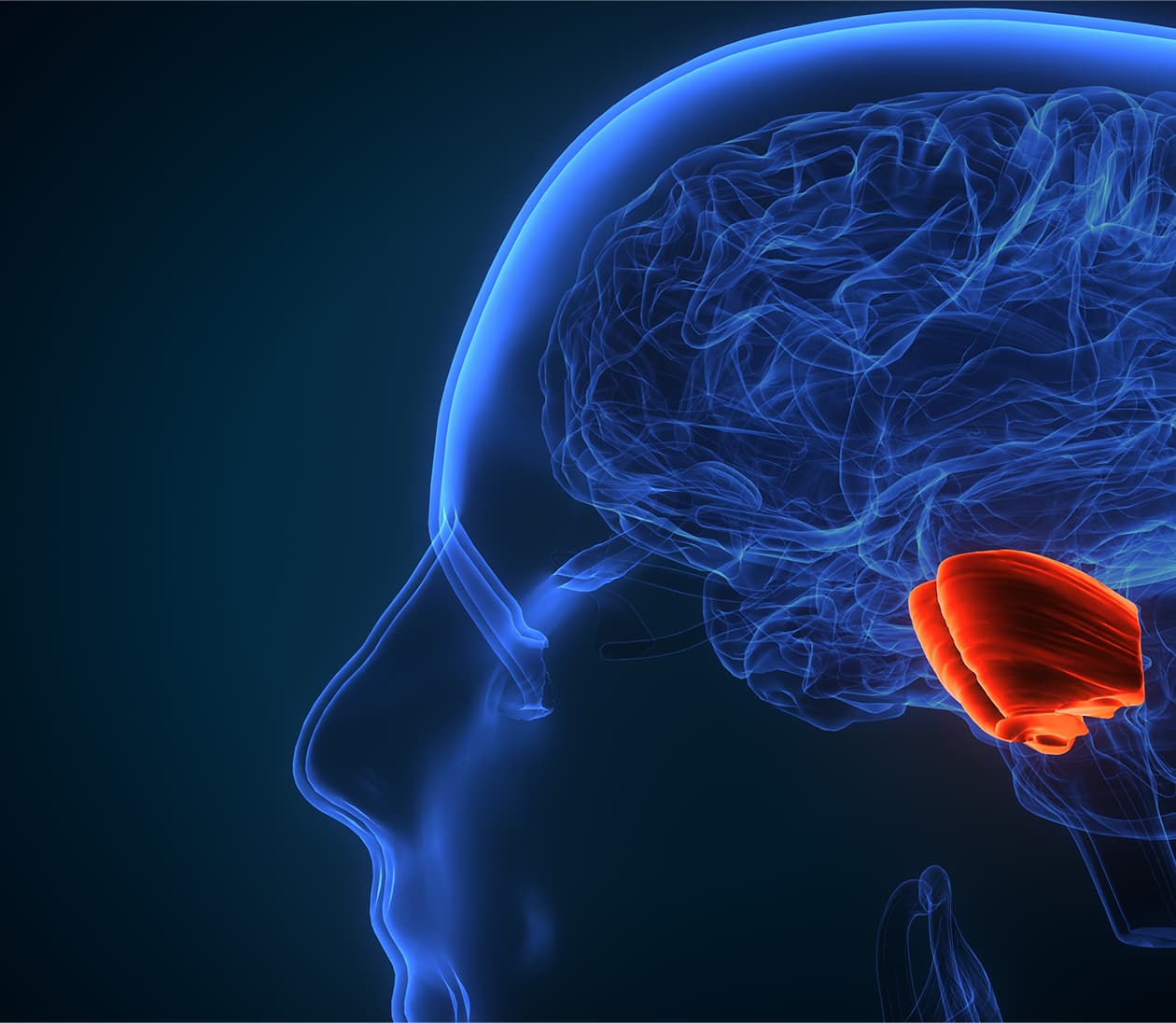
The Pituitary Tumors Program at Cleveland Clinic Abu Dhabi provides specialized care and support for people diagnosed with Pituitary Tumors.
The Pituitary Tumors Program at Cleveland Clinic Abu Dhabi provides specialized care and support for people diagnosed with Pituitary Tumors. Our team of highly skilled specialists take a comprehensive, interdisciplinary team approach, with experts from the Neurology, Otolaryngology (ENT), Ophthalmology and Endocrinology departments, and the Cancer Institute, working in close collaboration. We offer a full range of advanced diagnostic and treatment options for adults with pituitary tumors, including innovative surgery, chemotherapy, targeted radiosurgery, and other advanced approaches to tumor treatment.

We offer every patient a dedicated team of medical experts to support them, and their family, throughout their treatment journey. Our integrated approach includes a vast team of endocrinologists, neuro-radiologists, interventional neuro-radiologists, neuro-rehabilitation specialists, ophthalmologists, researchers, clinical care coordinators and nurses, all working together to offer the best personalized science and technology, one patient at a time. The multidisciplinary team meets daily to discuss each patient’s needs, their progress and to decide the best treatment plan.

A pituitary tumor or adenoma is a growth on the pituitary gland, which is located at the base of the brain and is responsible for hormone production that regulates many important functions in the body. Most pituitary tumors are benign (not cancer) and grow slowly. This means they do not spread to other parts of the body. Pituitary adenomas can be classified based on their size into microadenomas (< 1 cm) and macroadenomas (> 1 cm).
Non-functioning pituitary tumors
Functioning pituitary tumors

The symptoms of pituitary tumors vary depending on its mass effect and whether hormones are released. General symptoms include:
Most pituitary tumors occur sporadically and are not inherited. Sporadic mutations in the DNA of pituitary cells may lead to abnormal cell growth and tumor formation.
In rare cases, certain genetic syndromes are associated with an increased risk of pituitary tumors. These include:

If a pituitary tumor is suspected by your doctor, they will review all your symptoms and medical history and perform a thorough physical exam. A detailed eye examination including visual acuity and visual field testing may need to be performed. Blood tests will be done to check your hormone levels. Imaging with a pituitary MRI can identify any form of growth on the pituitary gland.
Surgery, medication, radiation or any combination of these treatments are usually offered to people with pituitary tumors.

Pituitary tumors have not been linked to any specific known risk factors. At present, there is no known way to prevent them.
For patients with pituitary tumors and a suspected genetic syndrome, genetic testing can be performed to confirm the presence of a genetic mutation and for counseling.

Our Pituitary Tumors Program doctors have extensive expertise in the field of pituitary adenomas, and provide excellent, Patients First medical care based on current US and international guidelines. Caregivers involved in patient care for this program includes:

Speak with our Contact Center for assistance
Request an Appointment 800 8 2223 International Patients